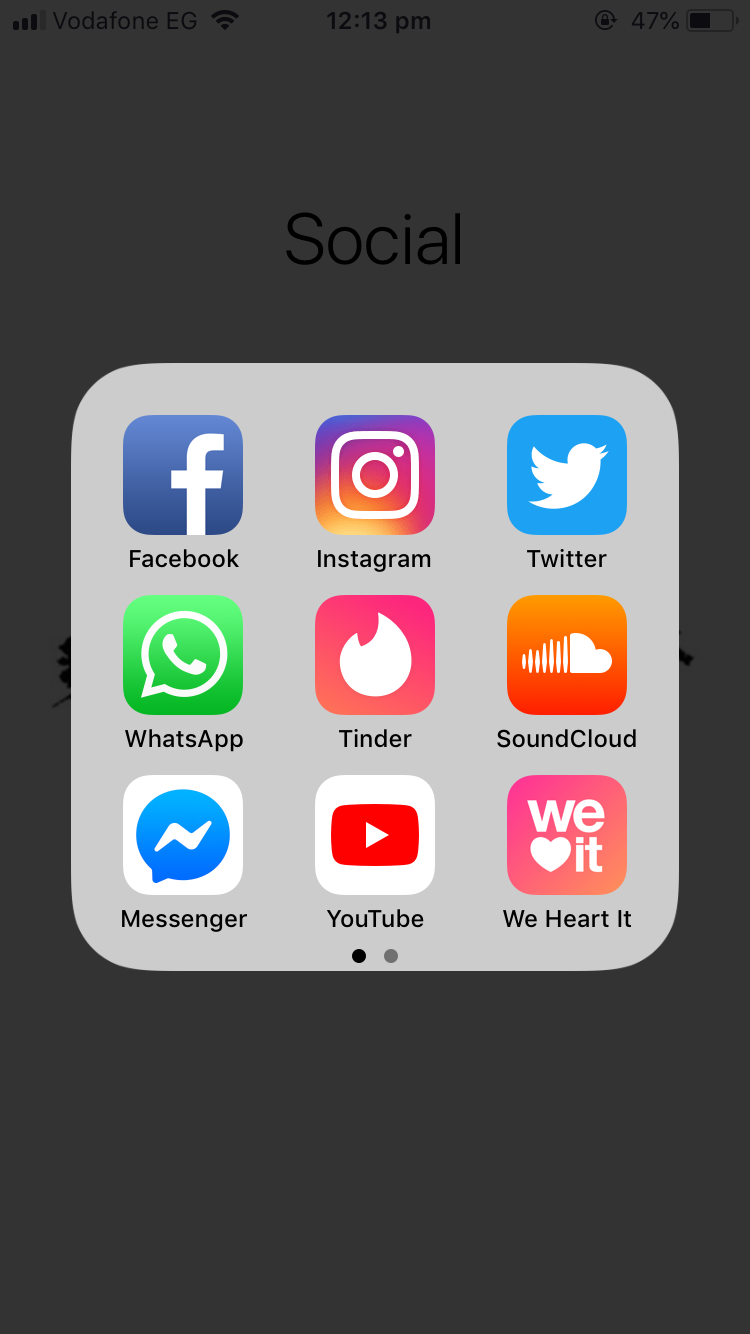Swipe Right to Find ‘The One’
By: Monica Naguib
@MonicaNaguibb
Swiping right on the mobile screen increases the possibility of finding a dating partner, while swiping left does the opposite.
This is the new, online ritual which many young men and women turn to for potential dating partners.
And AUCians are no strangers to dating applications in this digital era.
In a student survey conducted by The Caravan on online dating, 60 percent said they use dating applications to know new people, while 20 percent said they use them for sexual “hookups”.
Only 10 percent of the 121 students polled who use dating applications said that they use them in search of serious relationships.
Of the 97 students who do use online dating apps, only 31.4 percent are females, while 68.6 percent are males.
The growth of social media applications in recent years has many single, young adults using online dating applications in hopes of finding potential partners.
“Online dating has been successful for many people as [it is] a trend that is more fitting with the current time. Like any match made in relationships, there will always be pros and cons [such as] incompatibility, deception and expectations,” said Associate Professor of Practice at AUC’s Psychology Department, Yasmine Saleh.
Economics and Psychology Freshman Adham Shabana said that he uses Tinder, out of boredom, two or three times a week.
On top of the dating applications food chain is Tinder. To become a Tinder user, one signs up using their name, age and at least one picture of themselves. The application, then, determines the users’ location to provide them with relevant profiles within their geographical area. Only users who liked each other’s profiles get connected and can start chatting.
“It’s not a realistic view of the world. Not every dating app such as Tinder gives you the real image of the people [as] most of the time, the users there are either fake or scammers,” said Shabana.
Only three years after it launched in 2012, Tinder was marked the tenth most popular lifestyle application used by youth in Canada and the fifteenth in the US, according to a research conducted by the BBC.
“I think that deception is probably the biggest drawback of these applications as people can portray themselves in any way,” Saleh added
Saleh added that meeting people from dating applications lacks the physical communication.
“I think in apps, it is primarily [based on] initial impressions which do not have the benefit of another person introducing or vouching for them,” Saleh added.
Saleh pointed out that for younger generations, dating applications like Tinder are replacing the old matchmaking traditions in Egypt which usually leads to arranged marriages through family contacts.
And many parents prefer to stick to the socially accepted norms.
A mother of two daughters and one son, all in their twenties, M.K, said that she strongly opposes meeting people through online websites or applications.
She added that relationships need parental supervision in order to avoid any harm to their children.
In Egypt and much of the region, online dating is frowned upon and still considered a taboo.
The stigma mainly comes from associating dating applications with the youth’s desire for sexual hookups, rather than establishing serious relationships.
“I [physically] meet people from Tinder if I find them interesting on chat. If we find mutual interests, we become friends or sexual partners, and if that goes well, it can escalate into a girlfriend-boyfriend situation,” said V.A., Anthropology Senior.
“I started using them [dating applications] when I failed at some point in my life to find my match. I thought why not give it a try,” said O.S, instructor and teacher trainer at AUC.
He added that his experience with dating applications was not ideal and he decided to give up using dating applications because he does not think that it will lead to serious and stable relationships.
“I have dealt clinically with at least four individuals who got to meet their partners or significant others on such apps. One has married that person, and two have had successful short-lived relationships that are not much different than other relationships they may have had and one has primarily used the app for non-serious encounters,” Saleh added.




